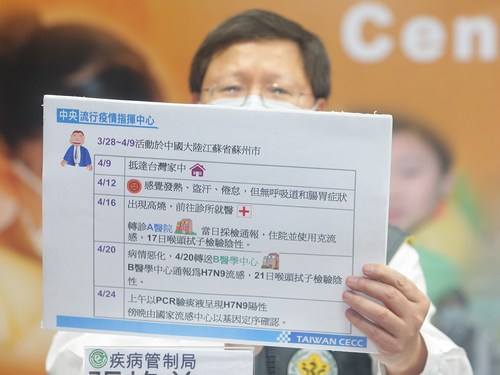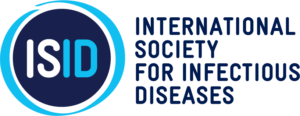Station news, Taiwan have confirmed first H7N9 avian flu patients, now patients have been sent to a specialized hospital for treatment.
Taiwan 'disease tube Council' just confirmed, first H7N9 avian influenza confirmed disease patients, is one in Suzhou work of 53 age male, April 23 from Suzhou back Taiwan, appeared fever, and cough, and flow nasal water, symptoms, in entry Taoyuan airport Shi is stopped Xia, Hou directly sent to Taiwan North task force hospital mining seized treatment, seized body in slightly early baked, confirmed is contracted H7N9, became Taiwan first case.
advertisement code beginadvertisement code end 'CDC' urgently convene a meeting of experts in the afternoon.
Taiwan 'disease tube Council' just confirmed, first H7N9 avian influenza confirmed disease patients, is one in Suzhou work of 53 age male, April 23 from Suzhou back Taiwan, appeared fever, and cough, and flow nasal water, symptoms, in entry Taoyuan airport Shi is stopped Xia, Hou directly sent to Taiwan North task force hospital mining seized treatment, seized body in slightly early baked, confirmed is contracted H7N9, became Taiwan first case.
advertisement code beginadvertisement code end 'CDC' urgently convene a meeting of experts in the afternoon.





Comment